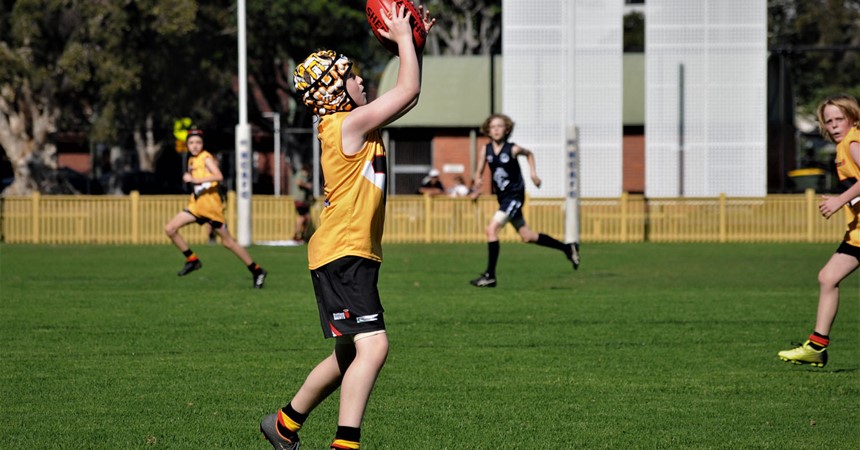Rohan, a year 6 student, is a member of the Diocese of Maitland-Newcastle Catholic School’s Office Gifted Education K-12 strategy. The program aims to assist schools in providing high-ability students with appropriate learning opportunities to realise their full potential.
A major aspect of the program is the Virtual Academy, which provides a flexible online platform that can be accessed 24-hours-a-day and gives students units of work that go beyond what is provided in the classroom.
As part of their work, students in the academy are tasked with completing a research project where they can choose either a local or a global issue and then design a solution that would make a positive impact on their community.
Inspired by his love of sport, Rohan focused on making professional AFL and cricket games more accessible to people outside of capital cities. His solution was to design a new stadium for the Hunter capable of hosting professional sporting events.
Rohan began by distributing a survey asking AFL fans if they were already a member of a club, if they currently travelled to Sydney for games and if they would like to see professional games played locally. Rohan even wrote directly to the AFL administration asking about participation rates in Canberra in order to compare a similar-sized area to the Hunter.
With research in hand, Rohan chose No 1 Sportsground Newcastle West as a suitable location for his new stadium due to its proximity to public transport, its heritage value, its current position within a sporting precinct and the ample space available for development.
Rohan then conducted further research into other essential features such as a media room, first aid room, lighting, toilets and wheelchair access.
For an element of originality, Rohan also added a “leisure zone” — a family friendly food and activity area that would provide before and after-match entertainment — a museum, water bottle recycling system and a smartphone app that could be downloaded to watch close-ups and replays.
Rohan says he has found the Virtual Academy a fun experience and has enjoyed having something new and different to work on.
“I have learnt about recognising the different types of patterns in our world and I have also learnt to use many new types of technology,” said Rohan. “The Virtual Academy helped me with learning how to research and explore a topic more thoroughly and I learnt more about collecting and analysing data and problem-solving skills.”
Rohan’s mother, Vanessa, has noticed positive changes in Rohan’s regular schoolwork as a result of his participation in the academy.
“He often would find creative thinking tasks a bit challenging and preferred the mathematics and science tasks where the answers were more black and white,” she said. “With this project, he has certainly been encouraged to think more deeply and broadly.
“At first he was a little apprehensive about the workload, but soon came to enjoy the style of learning, discovery, planning and self-directed learning. This has boosted his confidence to work on tasks outside of his favourite areas of maths and geography.”
The Gifted Education K-12 strategy is provided through a cluster program where primary and secondary schools within the same region work together to ensure these students are supported throughout their schooling life.
The participating schools are known as Gifted Education Lead Schools (GELs). GELs identify gifted education as a part of their school improvement plan and demonstrate a motivation, willingness and commitment to implement gifted education across the curriculum.



























































































